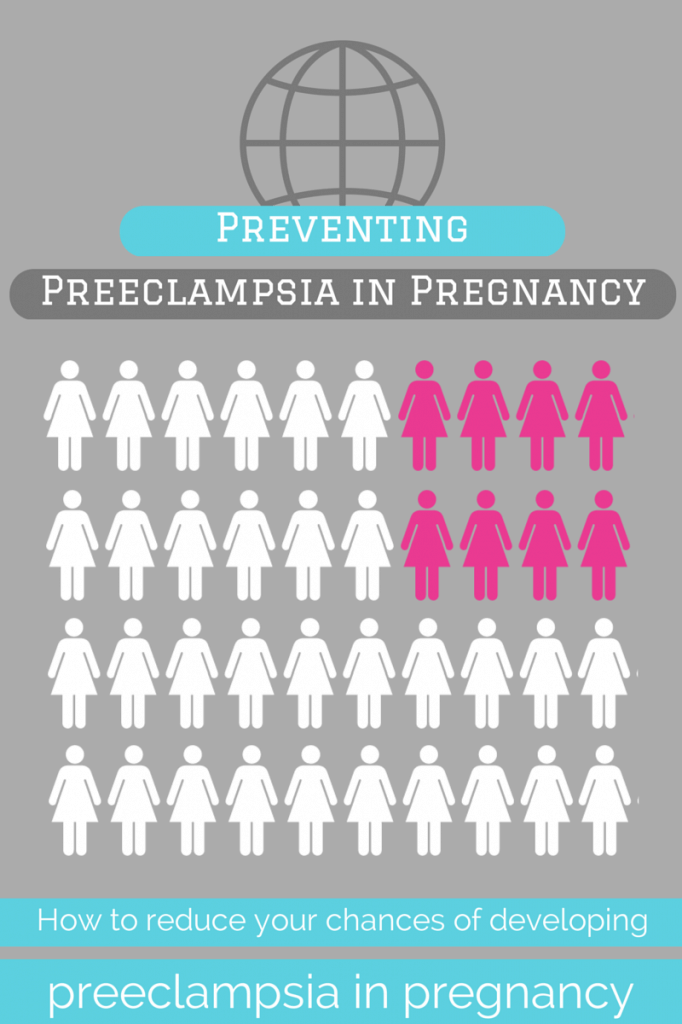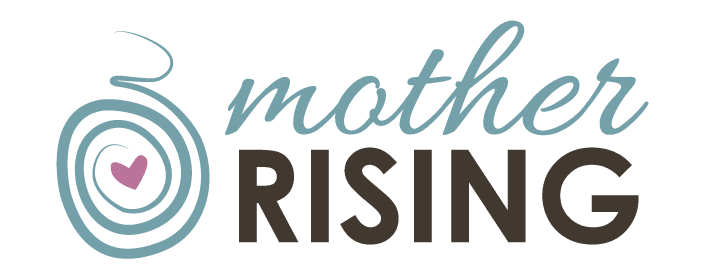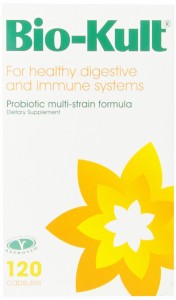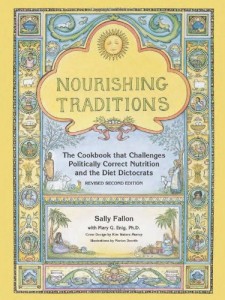Have you heard of preeclampsia? Maybe you’ve experienced it yourself, or had a friend or family member be diagnosed with preeclampsia in pregnancy.
I personally haven’t experienced preeclampsia but have had doula clients who have. My clients are typically planning a beautiful, natural childbirth and it’s disappointing, to say the least, when all of the sudden they are faced with complications, inductions and possibly a cesarean.
Let’s learn more about the symptoms and how to prevent preeclampsia so you can have a healthy pregnancy, delivery, baby and mama.
Symptoms of Preeclampsia
According to the March of Dimes, the signs and symptoms of preeclampsia include:
- High blood pressure
- Protein in the urine
- Severe headaches
- Vision problems, like blurriness, flashing lights, or being sensitive to light
- Pain in the upper right belly area
- Nausea or vomiting
- Dizziness
- Sudden weight gain (2 to 5 pounds in a week)
- Swelling in the legs, hands, and face
According to WebMD, “Preeclampsia in pregnancy usually appears during the second half of pregnancy, often in the latter part of the second or in the third trimesters, although it can occur earlier. If undiagnosed, preeclampsia can lead to eclampsia, a serious condition that can put you and your baby at risk, and in rare cases, cause death. Women with preeclampsia who have seizures are considered to have eclampsia.”

WebMD goes on to say that nobody knows the cause of preeclampsia. But, in my opinion, they are incorrect. I think we have a VERY good idea of the cause we know a way to decrease the chances of a women.
How to Prevent Preeclampsia
Here is a study that shows if a woman consumes a milk based probiotic daily or weekly throughout her entire pregnancy her risk for developing preeclampsia decreases SIGNIFICANTLY. In fact, daily intake of these probiotics will decrease the likelihood of preeclampsia by 20%. Consume it weekly and the risk for severe preeclampsia (what you really, really need to avoid) goes down by 25%. Consume it daily and the risk for severe preeclampsia goes down by 39%.
Hello! Those numbers are staggering!
The reason they studied the effect of probiotics is because probiotics has an anti-inflammatory effect on our bodies. They wanted to see if less inflammation on a growing baby and placenta would indeed be beneficial. They were correct!
At minimum, what you can take from this study is to simply eat milk based probiotics every day during your pregnancy. This means lots of yogurt, frozen yogurt and kefir. You can find any of these things in your local grocery. But I’d like to take this information a step further.
An Anti-Inflammatory Diet
If inflammation has such a negative consequence on our bodies, I think we should learn some simple ways to do less of that and more of an anti-inflammatory diet. Sounds good, no? Below is a good place to start and here is a great PDF you can print out and hang on your fridge. It’s on mine!
LESS: Inflammatory Diet
- Trans or Hydrogenated Fats
- Refined Oils
- Processed Foods
- Red Meat
- Artificial Sweeteners & Preservatives
MORE: Anti-Inflammatory Diet
Food based probiotics like these…
- unpasteurized sauerkraut
- unpasteurized kimchi
- unpasteurized kefir
- unpasteurized kombucha
- yogurt
Also…
- A good probiotic in pill form like the one made by Bio-Kult
- Colorful whole fruits and vegetables
- Healthy Fats
- Fiber
- Moderate Amounts of Organic Meat
- Spices such as garlic, ginger and turmeric
Nourishing Traditions
One of the best resources you can buy to help change your diet to anti-inflammatory is the Nourishing Traditions cookbook. In it you will learn how to make sauerkraut, kimchi, kefir and kombucha. If you like experimenting in the kitchen you will have great fun with this book.
Share This Information!
Aright ladies! Today we learned how to reduce our chances of developing preeclampsia in pregnancy through milk based probiotics. Taking that a step further we can implement an anti-inflammatory diet to further promote good health.
If you know me personally, there’s a good chance I have quoted this information to you already. And you know what? Nobody has heard of this!
What this means is that we need to educate our family and friends. So, if you thought this post was helpful, share it with a friend of family member by clicking one of the share buttons to the left!



Mandie
Saturday 9th of June 2018
Really enjoying reading through your website- I am 7 weeks along and have been drinking siggi's yogurt about every morning- helps some with my morning sickness. I'll try to incorporate more of these anti-inflammatory foods. All of the links to the ebook show up as an error- is there another way to access it? Thanks!
Lindsey
Monday 11th of June 2018
Is there a way to tell me where these deadlinks are? Email me at lindsey at motherrisingbirth.com re: eBook. Thanks!
hailey
Sunday 1st of October 2017
I like your post and think it has some solid information - I had severe preeclampsia with my son and hoping to avoid it when we decide it's time to have another child - one thing I did notice is that you have unpasteurized food/drink items on your list which are good for a anti-inflammatory diet prior to pregnancy but unpasteurized foods/drinks during pregnancy is not recommended (was also highly frowned upon by my doctor) due to a higher risk of contracting food-borne illnesses due to the bacteria that could possibly be found in these! Now I believe for a majority of the time it's ok and you and your baby are going to be perfectly fine if you drink an unpasteurized kombucha while pregnant but I think putting a disclaimer of the risks that are associated with consuming unpasteurized products during pregnancy would be a smart idea! Especially when a lot of people use the advice in these posts (including myslef) to have a healthy pregnancy! :)
KATHERINE
Thursday 21st of September 2017
Where is the proof that the probiotics work? Don't be giving out false hope for people who have lived this! Where is the case studies/research info?? Please list proof this has been proven!! I had preeclampsia that developed into eclampsia with my first & with my second, my baby was born at 28 weeks because of this--don't be giving information that hasn't been proven!!!
Lindsey
Thursday 21st of September 2017
In the article above ^^ I've linked you to my source. But here it is again. http://aje.oxfordjournals.org/content/174/7/807.short
Sarita Salamone
Sunday 22nd of May 2016
Hi Lindsay. Any recommendations for a probiotic that will give the same results for someone who is allergic to dairy? I am 42 years young and just found out that I am approximately 5 weeks pregnant with my 3rd child! My son, who is my youngest, is 20 years old so I am needless to say, very overwhelmed with the thought of doing this all over again! Especially with the health risks that come for being older. Any advice would be greatly appreciated!
Lindsey Morrow
Sunday 22nd of May 2016
I really like the brand biokult. You can buy it on amazon. And start experimenting with other fermented non dairy foods. And CONGRATULATIONS!!
SARA
Saturday 19th of December 2015
I don't know how old this article is, but I am hoping to receive a reply! My husband and I just began trying to conceive, and I live an almost completely holistic lifestyle. My first child was suspected IUGR and I had hypertension which, thankfully, did not turn into pre-eclampsia. Since that time (5 years ago), I have worked with a Naturopath to change my lifestyle and my health. However, despite rigorous probiotic therapy, I still cannot have milk due to a lifelong allergy. So, my question is, does it HAVE to be a milk-based probiotic to help prevent pre-eclampsia??? I want to do everything right so I get to have a natural homebirth and a healthy me/healthy baby. I also plan to follow the Brewer diet as well. Hoping for a response; thank you! :)
Lindsey Morrow
Saturday 19th of December 2015
Hi! If you click through to the research article you'll see they're thinking that the probiotics are decreasing inflammation. In theory, I think an anti-inflammatory diet would do the same thing. Hope that helps!